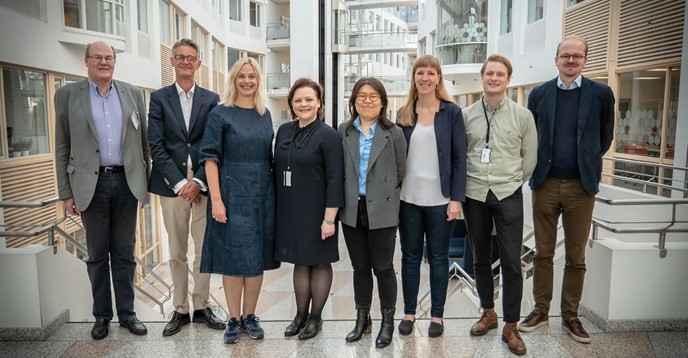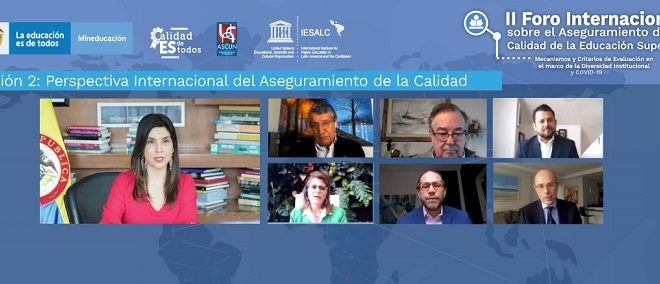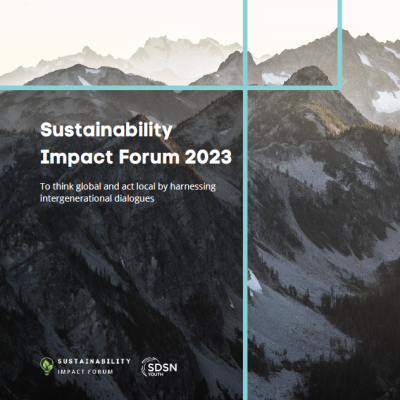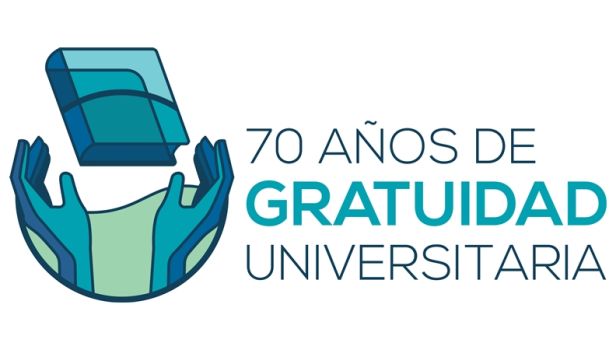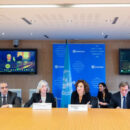Senior Policy Analyst Emma Sabzalieva wins Dissertation Award

Emma Sabzalieva, a senior policy analyst at UNESCO IESALC, has been awarded the 2021 Comparative & International Education Society (CIES) Eurasia Special Interest Group Dissertation Award for her PhD thesis ‘Responding to major institutional change: The fall of the Soviet Union and higher education in Central Asia’.
Emma’s thesis, completed at the University of Toronto (Canada) in 2020, examines how higher education responds to major political, economic and social change. Based on a comparative case study of the responses of higher education institutions and systems in Kazakhstan, Kyrgyzstan and Tajikistan to the collapse of the Soviet Union in 1991, the thesis finds a considerable array of responses by higher education to major change, from radical reform to remarkable durability. The discovery of variation is an important theoretical finding that serves to highlight the importance of comparative work. It is also significant because of what these divergences tell us about pre- and post-1991 schemas for higher education, about the similarities and differences between the three cases, and about the perceived value and purpose of higher education across settings.
As Emma also shared in an announcement posted by York University, where she is a research associate, “I have been a member of CIES since starting my doctoral work and consider the Eurasia SIG one of my academic families. The annual conference has always been a fantastic way to learn about others’ work, to meet up with global ‘relatives’, and to make new connections.”
As part of the UNESCO IESALC analytical team, Sabzalieva Emma has led a range of projects that include The Futures of Higher Education, Virtual Student Mobility, and Self-Regulation of Higher Education Governance. “I am a strong advocate for high quality and equitable higher education systems, policies, and international academic relations. It is, therefore, both professionally and personally meaningful to be able to support UNESCO IESALC’s work by using the research skills and knowledge I gained during my Ph.D. as well as my previous experience in higher education policy and management,” said Emma.
“At the Institute, Emma has been a keen researcher of relevant topics in higher education and has led multidisciplinary teams with excellence and passion. We are proud to learn of this new achievement in her ascending career and foresee many more on the horizon in the near future”, said Francesc Pedró, Director of UNESCO IESALC, about Emma’s award.
The Eurasia Special Interest Group (SIG) brings together educational researchers and practitioners working on or in Eurasia and is part of the Comparative & International Education Society (CIES). CIES is the largest and oldest of 47 comparative and international education societies around the world and has over 3,000 individual members.
RELATED ITEMS

